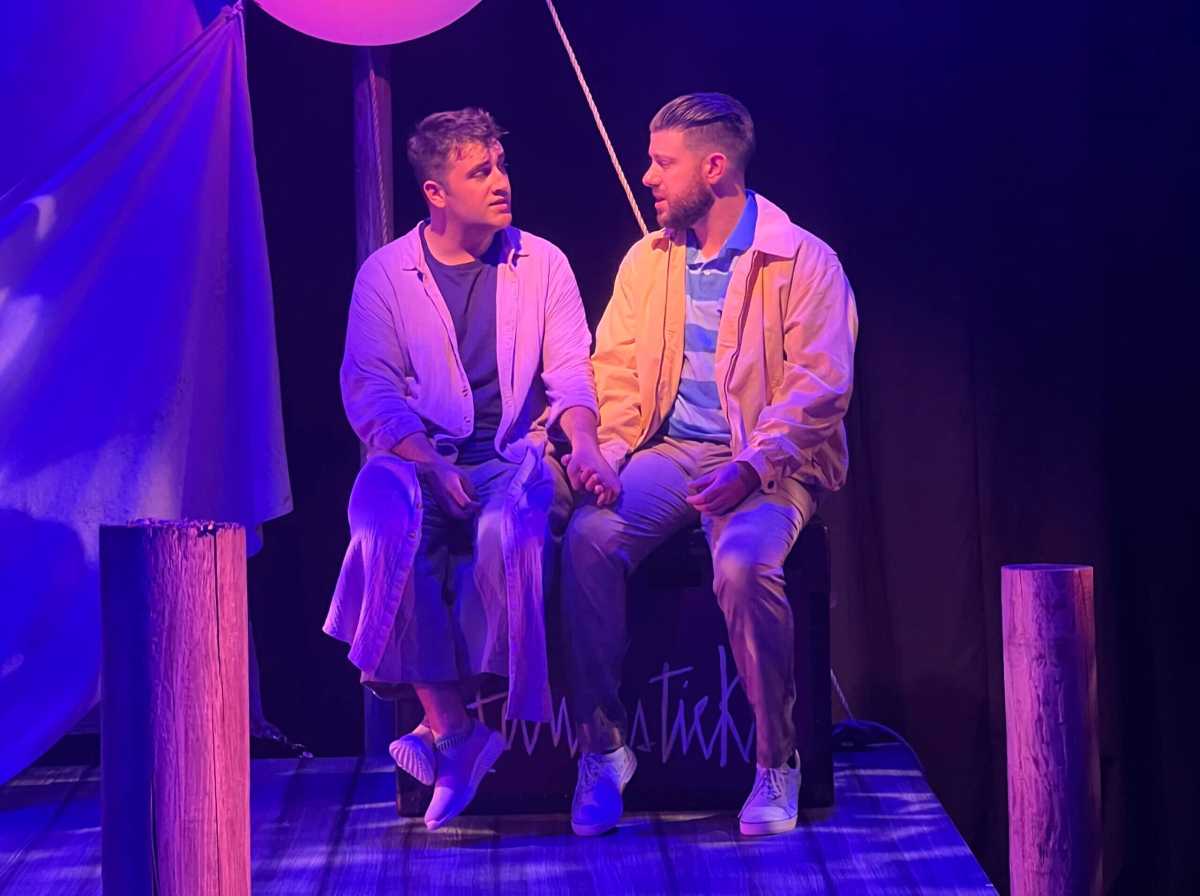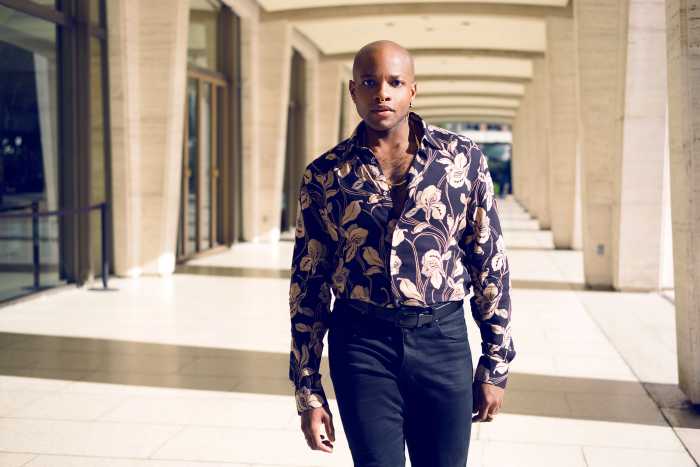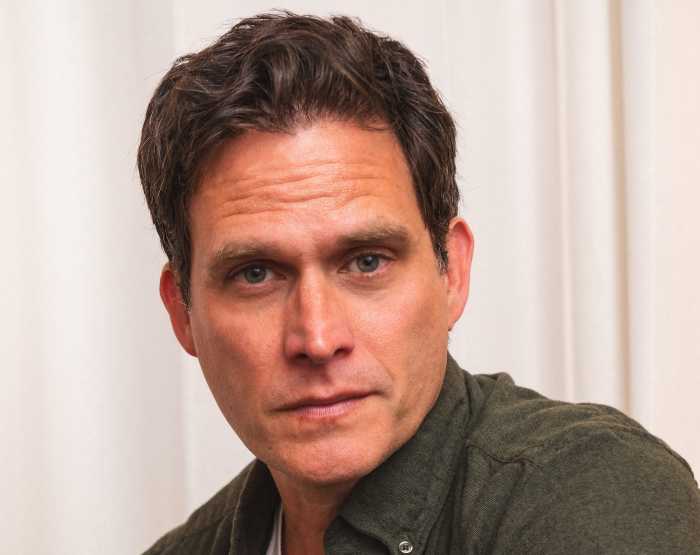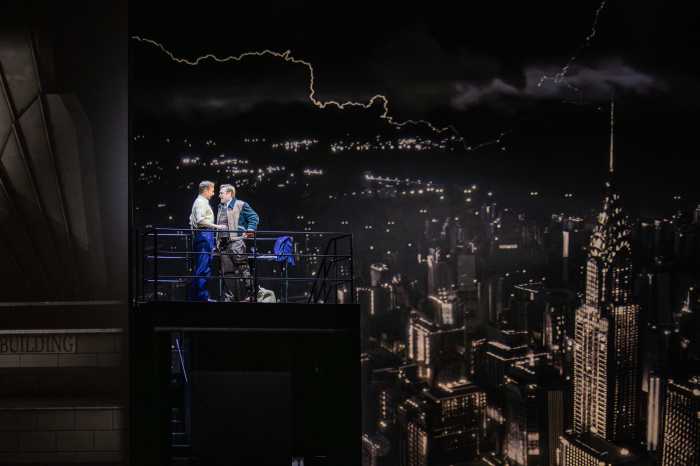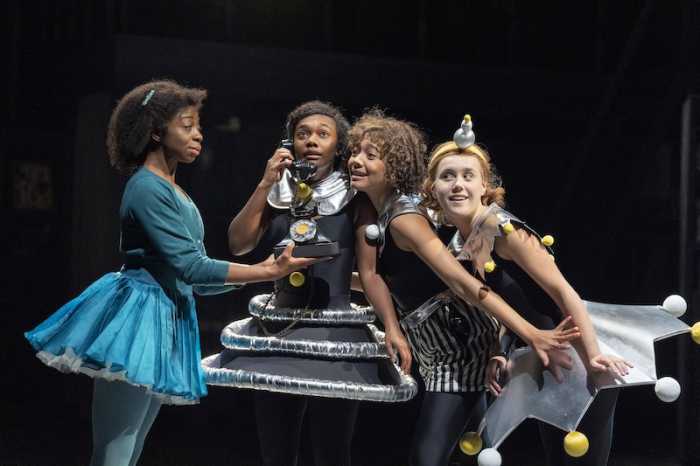In some ways the American serious theater began on Cape Cod. Over the decades, Massachusetts’ lovely arts colony/beach resort has played summer host to theatrical legends including Eugene O’Neill, pioneering playwright Susan Glaspell, crusading classical actress and director Eva Le Gallienne, Bette Davis, Tyrone Power and Tennessee Williams. (Le Gallienne, Power and Williams were all participant in the artsy queer community.) Shows and stagings developed on Cape Cod sometime eventually made it to New York and elsewhere, speaking the Off-Broadway movement.
The Provincetown Theater, now 22 years old, provides year-round live entertainment to the storied town, in one of the continent’s key LGBTQ+ tourist destinations. Its artistic director David Drake — Obie-winning author/performer of “The Night Larry Kramer Kissed Me” — has generated good buzz and a solid subscriber base in staging any number of plays and a few musicals here since 2017, steadying the troupe’s once rocky fortunes. After a much-discussed successful “Sweeney Todd,” Drake got the rights to stage the East Coast Première of a new gender-tweaked version of Tom Jones and Harvey Schmidt’s nonpareil cult chamber musical “The Fantasticks,” in which the young lovers-next-door Matt and Luisa become Matt and Lewis and their truculent but secretly palsy-walsy fathers become mothers, Mildred and Bessie Mae.
“The Fantasticks” trails an amazing legacy. It is based on a play by Edmond Rostand, who later wrote “Cyrano de Bergerac” with which it shares a fascination with reanimating outmoded theatrical forms. It first appeared at Barnard College in 1959, with Ron Leibman as Matt’s Father. The 1960 professional première, at the Sullivan Street Playhouse, starred Jerry Orbach as El Gallo (the bandit narrator, and usually the glamor part); longtime musical star Rita Gardner, who closed out the original run of “1776” as Abigail Adams, as Luisa; and Kenneth Nelson, who originated and later filmed Michael in “The Boys in the Band” and died of AIDS in 1993; as Matt.
Librettist Tom Jones — who passed away at 95 on August 11 — played (using a stage name) the Old Actor, a Shakespearean ham who, with Mortimer, play multiple roles in teaching the young lovers their life lessons. One wonders if Tom Stoppard saw the 1961 London staging before crafting the floridly droll Players in 1966’s “Rosencrantz and Guildenstern are Dead.”
Despite a pronouncedly mixed press, the quirky “Fantasticks,” produced on a shoestring, found its audience and made theatrical history, playing through 2002. Later cast members included Liza Minnelli, Elliott Gould, F. Murray Abraham, Glenn Close, Keith Charles, Kristin Chenoweth, and Dick Latessa. It reappeared from 2006 (with Burke Moses as El Gallo, Santino Fontana as Matt and Martin Vidnovic as Luisa’s Father) and that lasted through 2017. I admit I only saw the show (twice) during that later run; in his pre-curtain remarks in Provincetown, Drake confessed that he had never seen the show before staging it.
He did a good, crowd-pleasing job, managing to keep the material’s necessary sincere and metatheatrical homespun tone (“Our Town” is another clear source) even in having the cast relish the new resonance of the boy/boy tweaks and mother-centered emphases in the revised text. Like “Candide” and another quirky literature-fueled musical of the era, “Man of la Mancha,” the show’s script has what now seem outdated attitudes (Lewis in this gay version remains very much the “girly” victim) and Eurocentric references (as when Matt us beset by “savages” in India) but Drake managed to downplay them.
With the help of cellist Chantheon Varon Collins, music director John Thomas led a musically well-prepared show (ensemble numbers very well knit) from the piano, though his proficient playing occasionally drowned out the less refulgent-voiced performers, who were emphatically local actors who sing rather than highly trained singers. Correct pitch proved more a constant here than at many Broadway shows I’ve endured recently, and no one tried to access anachronistic “America’s Got Talent” vocal mannerisms.
Though not melting the heart with sheer vocal beauty in the show’s initial (and reprised final) earworm “Try to Remember,” Beau Jackett certainly did sing well as El Gallo, giving this central character the charisma, measured delivery and moral ambiguity he requires. The two Guys Next Door were endearing and the more credible and moving for being sweet, nice-looking men rather than the rail-thin TV star hunks that urban producers might (wrongly) want to cast in this show if it finds “legs.” It certainly could find an audience in New York, Washington or San Francisco.
Evoking a less scarily gym-toned Dustin Milligan (Ted on “Schitt’s Creek”), Harrison Fish was a very likable Matt, whose, itinerant, dream-deflating adventures perhaps draw on those of Tom Rakewell as well as Candide. Peter Toto managed to sing all of Lewis’ originally sopranoish music very enjoyably except for the high, Cunegonde-like lines in the duet with El Gallo, on whom he forms a crush when Matt sets out to see the world. They made a winning couple.
Megan Amorese (a salt-of-the-earth Bessie Mae) and Sara Fitzpatrick (Mildred) showcased good comic energy and teamwork, though the clearly gifted Fitzpatrick sometimes oversold her delivery in a kind of Children’s Theater style; maybe Drake wanted a clear contrast? Pint-sized, booming-voiced Kenneth Lonergan stole the show’s comic honors as Mortimer, though Jay Baer’s floridly queeny Old Actor also won many laughs. Someone should have ascertained the correct pronunciation of “Watteau” and “poseur,” but otherwise the sung and spoken text came through with welcome clarity.

